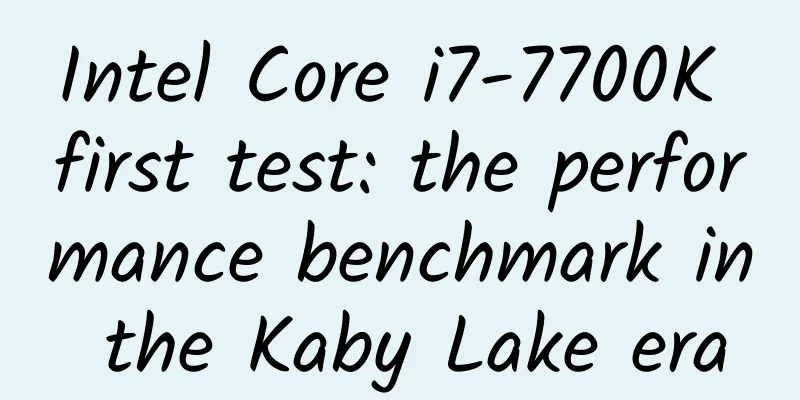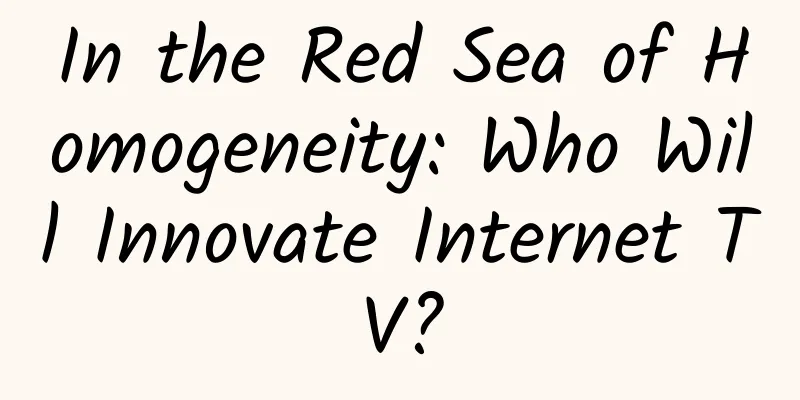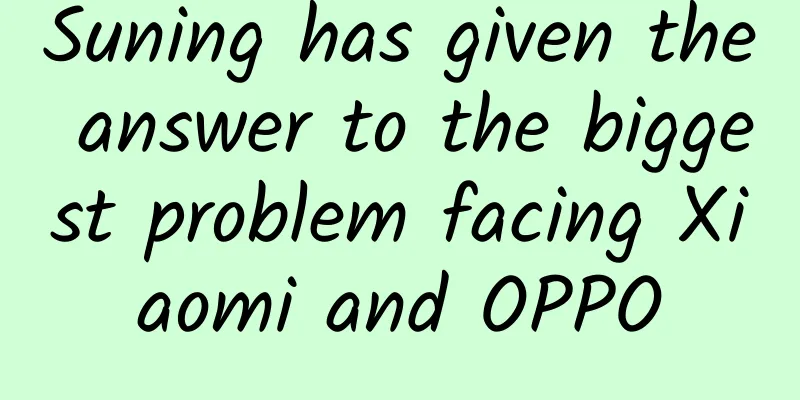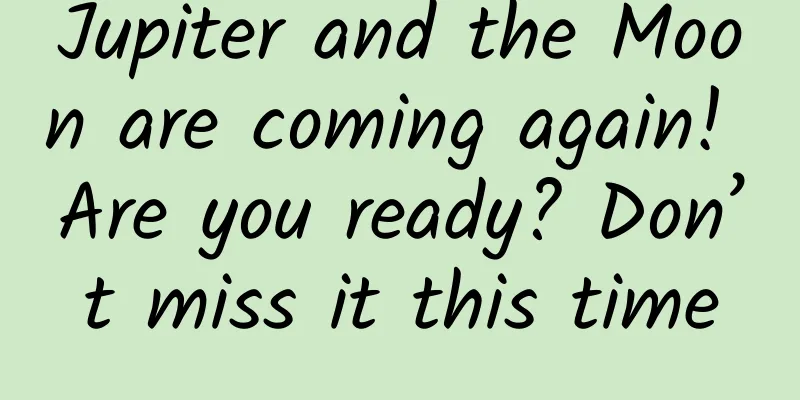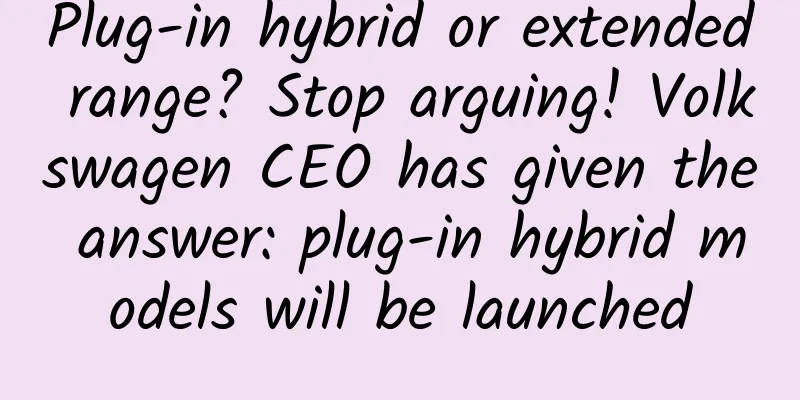Developers must know: Google made a difficult decision
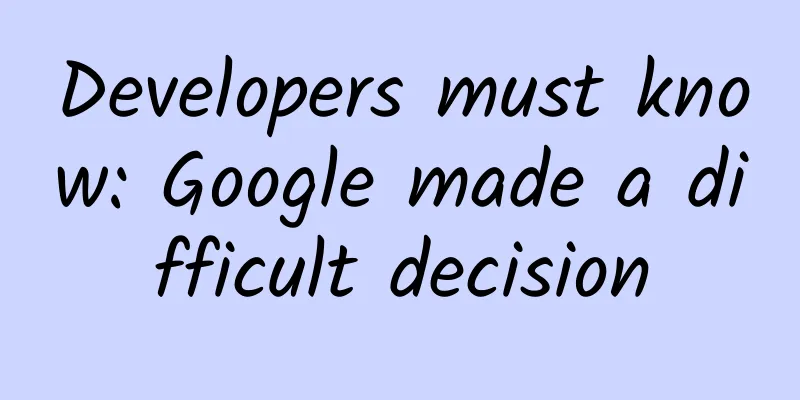
|
Google has made a difficult decision: to deprecate Java APIs.
As the saying goes, fame brings trouble, so the rise of Android is bound to be accompanied by wars. The most representative and controversial one is the lawsuit between Oracle and Google. Event Review: Since 2010, the two companies have been arguing over whether part of the Android system infringes Oracle's copyrights and patents because the system uses Java, which is owned by Oracle. The entire lawsuit is both long-lasting and dramatic. It has been more than five years since August 2010. In June of this year, Oracle won a major legal victory in this lawsuit: the US Supreme Court refused to accept Google's appeal in this case. This means that Google's appeal was rejected and the original judgment was upheld: the API was determined to be protected by copyright and Google infringed. After the US Supreme Court made a ruling not to accept Google's appeal, the lawsuit will return to the San Francisco Federal Court, which will hold more hearings on Google's additional defense of "fair use". The focus of this lawsuit is whether the application program interface (API) used to connect different software is also protected by copyright law. The lawsuit was caused by Oracle scanning 15 million lines of Android source code and finding 9 lines of code copied from Java. The most controversial and magical nine lines of code are as follows:
In fact, these nine lines of code are all written by the same person: Joshua Bloch, a Java expert. His experience is as follows: As early as 1996, Java was just emerging. First, JDK1.0 was released in January, then the first JavaOne conference was held in San Francisco at the end of May, and JDK1.1 followed at the end of the year. It was in the context of Java technology being in full swing and showing its strength that Joshua Bloch came to Sun. In early July 2004, just as J2SE5.0 was about to be released and Jusha Bloch had just won the title of "Distinguished Engineer" from Sun, he suddenly left Sun and went to Google, which was developing rapidly, and became Google's Java chief architect. Before leaving Google, he had been the main architect of the Dart platform and the Dart language core library. Joshua Bloch left Google on August 23, 2012. It should not be a devastating blow to Dart, but it is definitely a huge loss. After reviewing the events, let's get back to today's events. It is reported that Google will use Oracle's open source code OpenJDK to replace the latter's Java APIs in the next generation Android system Android N. This matter was first revealed by a mysterious Android code library posted by Hacker News last month. VentureBeat has now received official confirmation from Google. The official response is as follows:
In fact, Google is in the wrong axiom, and this move must be due to pressure and fatigue caused by years of attrition war. Although OpenJDK is the code in Java SE and also belongs to Oracle, it is open source, and when Java SE was born in 2007, Oracle had not yet acquired Sun Microsystems and owned Java. Android provides some Java API code libraries to support developers to develop applications in the Java programming language, which are mainly divided into two parts: the APIs of the code library, and the execution code developed by Google to make the code library work. Oracle owns Java and has two such code libraries: proprietary JDK and open source OpenJDK. Google uses the latter and has already applied it in some fields, which means it will share these execution codes. A mysterious code commit has appeared in the Android codebase, modifying 8902 files. The changes in this codebase show that OpenJDK code has been added to Android:
Although the lawsuit has not yet ended, the outcome of the trial will have a significant impact on the technology community. If Oracle wins the case, technology giants will no longer be able to use copyrighted API packages at will. If Google loses, it will lose billions of dollars. |
<<: Five major changes have taken place in the Silicon Valley technology circle in the past year
>>: With a valuation of $3.7 billion, it may dominate the future development of VR/AR hardware!
Recommend
Introduction to the promotion and material specifications of Sync Assistant flash screen advertising!
1. Sync Assistant Splash Screen Ads Displayed to ...
Google Play's Best Apps of 2021 are out
This Monday, Google Play announced the best list ...
What else is there in Children's Day marketing besides nostalgia?
Whenever holidays come, brands often have to rack...
Hisense TV's crazy expansion of content pool may lead to crisis
On March 18, Hisense signed contracts with 11 vid...
What to do if a susceptible population has mixed infection? Part 2 of a series of interpretations on prevention and treatment of respiratory diseases in winter
On November 26, Mi Feng, spokesperson of the Nati...
How much does it cost to make the Mudanjiang perfume mini program? What is the price quote for making Mudanjiang perfume mini program?
There is no doubt that the topic of mini programs...
Why do cacti have thorns?
When you think of cactus, what comes to mind firs...
How to operate an event? Share 4 tips!
To operate product activities well, we must not o...
Apple iOS 16.2 / iPadOS 16.2 Developer Preview Beta Released: New Borderless Notes App
On October 26, Apple pushed the iOS 16.2 / iPadOS...
Now that the industry has stopped booming, can drone racing still become an e-sports sport?
From exploiting human nature to capturing people&#...
With lightweight operations and products that have great reputations, what are the secrets of Keep that have attracted 50 million users?
Wang Ning, the founder of Keep, was born in the 1...
Stop worrying about Google Glass
In recent days, the Google Glass incident has att...
Youku Tudou's transformation puzzle: 1.77 billion yuan in cumulative losses in four years after listing
It is reported that the video traffic of Youku an...
New home appliance subsidies will begin, and many home appliance giants are not welcoming
With the withdrawal of the "Energy-Saving Pr...
Do we really need bezel-less phones?
Since OPPO, Samsung, and Huawei have successively...

